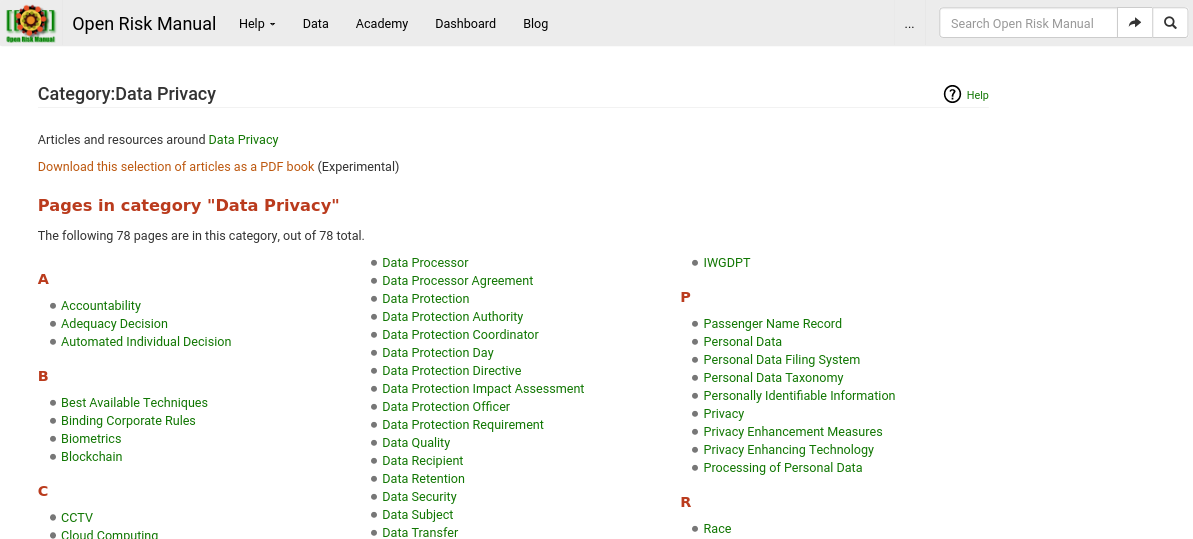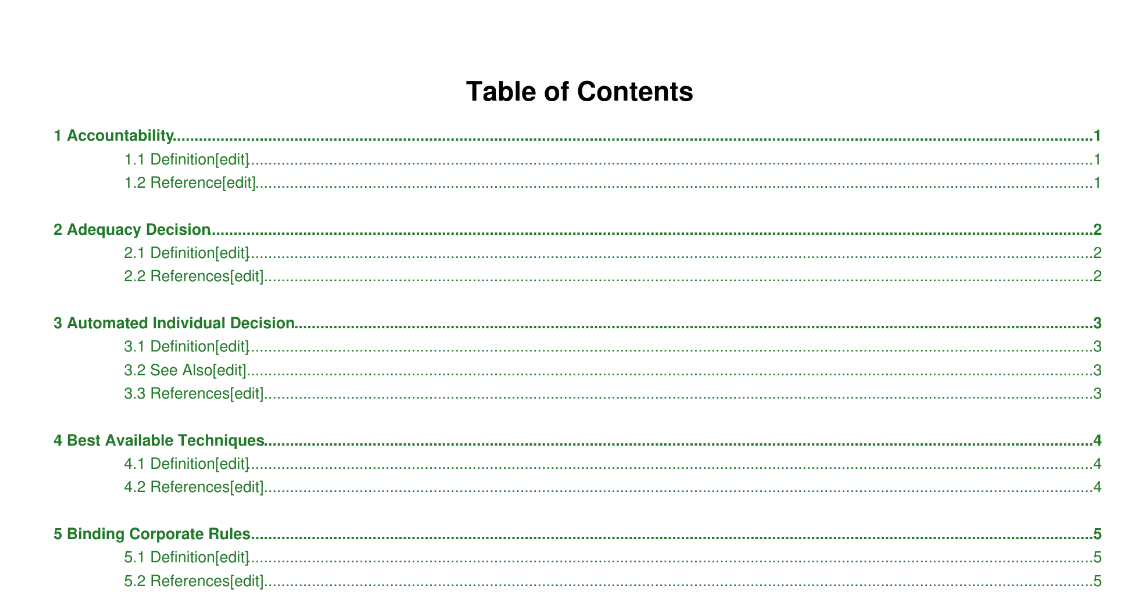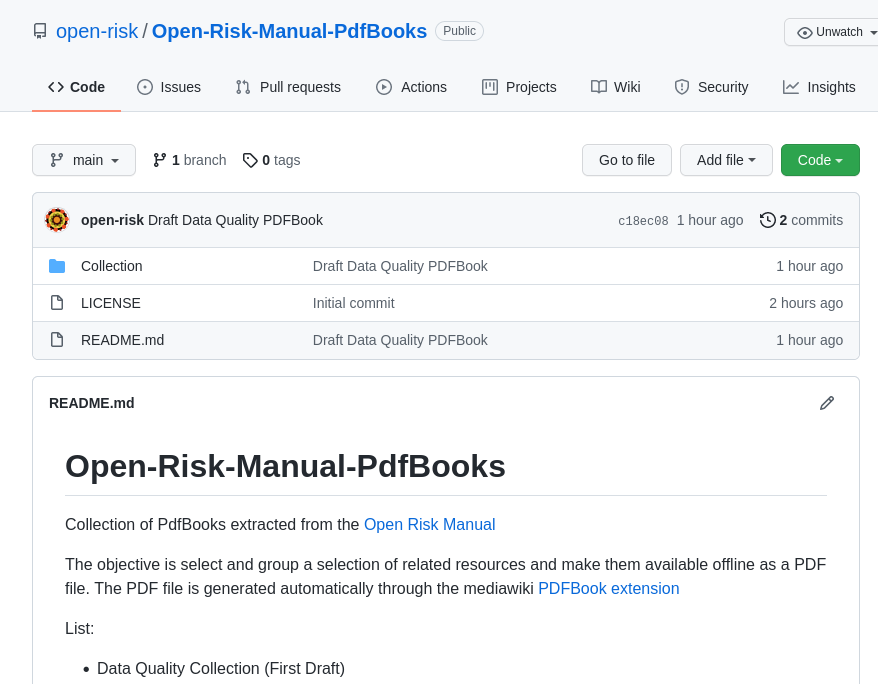Offline Availability of Open Risk Manual Content
In this post we explore some offline availability options that are relevant for Open Risk projects and some first steps in this direction
Offline versus Online
In computer technology and telecommunications, online indicates a state of connectivity over digital networks, and offline indicates a disconnected state. Both states have many sub-divisions. For example the type online access varies enormously according to the bandwidth and latency of connections. Similarly, people may be “offline” as not having network access or completely unplugged, as in not having access or using any electronic device.
While the number of people, the fraction of time and the type of activities they engage on has rapidly expanded as digital technology increasingly diffuses, the online state is certainly not the default state and in many regions or population segment might be completely out of reach. It is estimated that half of the world - four billion people – can not reliably use the Internet. Challenges include:
- Lack of Infrastructure: in many areas internet is often slow, unreliable, or not available at all.
- Cost: many people with low or no income simply cannot afford to pay for data.
This gap motivates looking into how digitally encoded knowledge and digital processing tools that make sense in an online context survive offline. In this post we explore some options that are relevant for Open Risk projects and some first steps in this direction.
Offline approaches to knowledge bases
After decades of crowdsourced knowledge base compilation in enormously popular projects like Wikipedia, the Gutenberg project or Stack Exchange the question of off-line availability becomes quite relevant.
Complete Replication
There are various efforts pursuing this task through full replication of the original. One of the more important such projects is Kiwix.

The Kiwix software compresses any website into content packages which they term zim files. This approach copies text, images, videos (but highly compressed) so that they are easy to share and distribute, for instance on a USB drive or microSD card, or broadcast on inexpensive hotspots.
The corresponding Kiwix reader runs on almost any device (mobile phones, computers, etc.). For the end user it feels pretty much like a regular browser as the experience is almost identical to browsing the source website(s). Except that there is no internet.
A full offline replication is a long term objective for the Open Risk Manual
Selective Replication
What about offline use of subsets of a given knowledge base? A light-weight replication of selected content can also be valuable for some use cases. One approach is to compile content into a PDF file (Portable Data Format) in an e-book format. Given that the Open Risk Manual runs on Mediawiki there is extension that serves precisely that purpose PdfBook Extension.
In addition with a full replication programme as per above, we aim to produce PdfBooks for select topics. The first example bundles entries around Data Privacy:

By clicking on Download this selection of articles as a PDF book (while online obviously :-), one gets an automatically generated PDF of this category. The structure of the PDF file is a Table of Contents, followed by all entries (in alphabetical order).

NB: This functionality is still under development.
A repository of Open Risk Manual PDFBooks
Over time we aim to collect relevant and complete categories of entries in a convenient repository for bulk download. At present there are several draft documents, demonstrating the Data Privacy collection extracts, Cyber Security, GHG Protocol and more.
Watch this space for more uploads!
